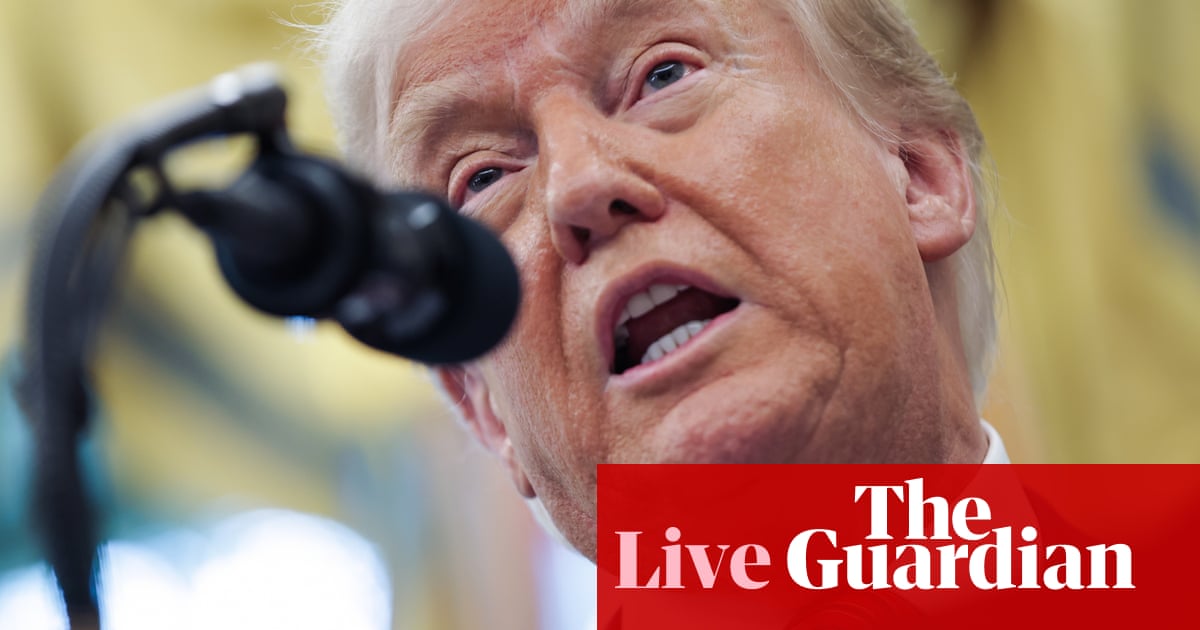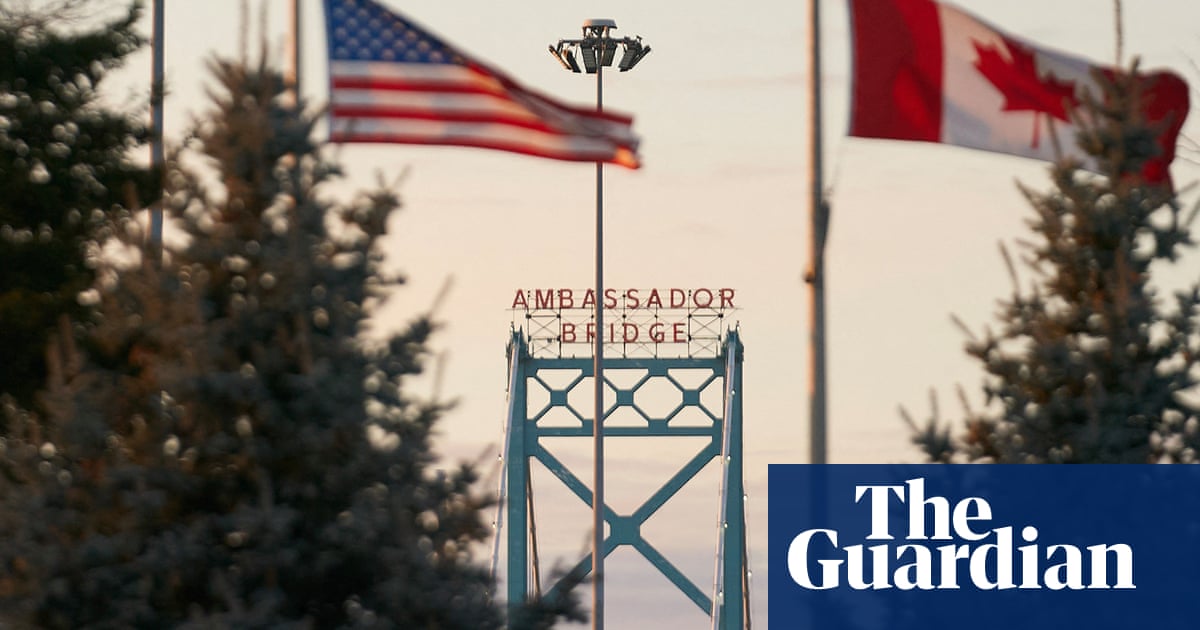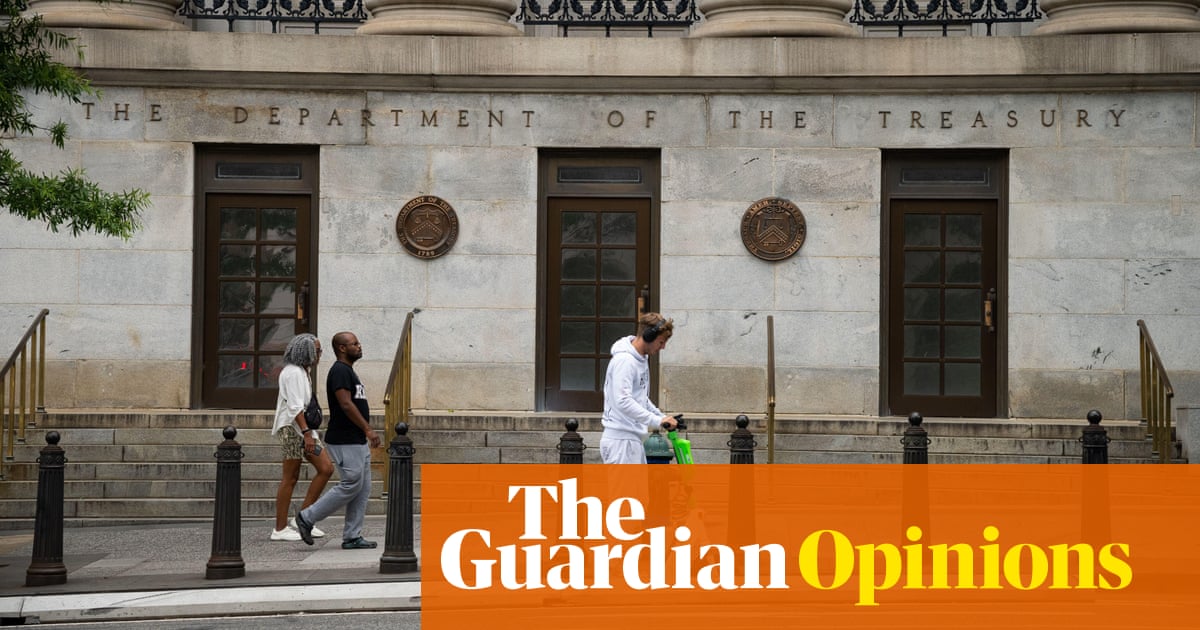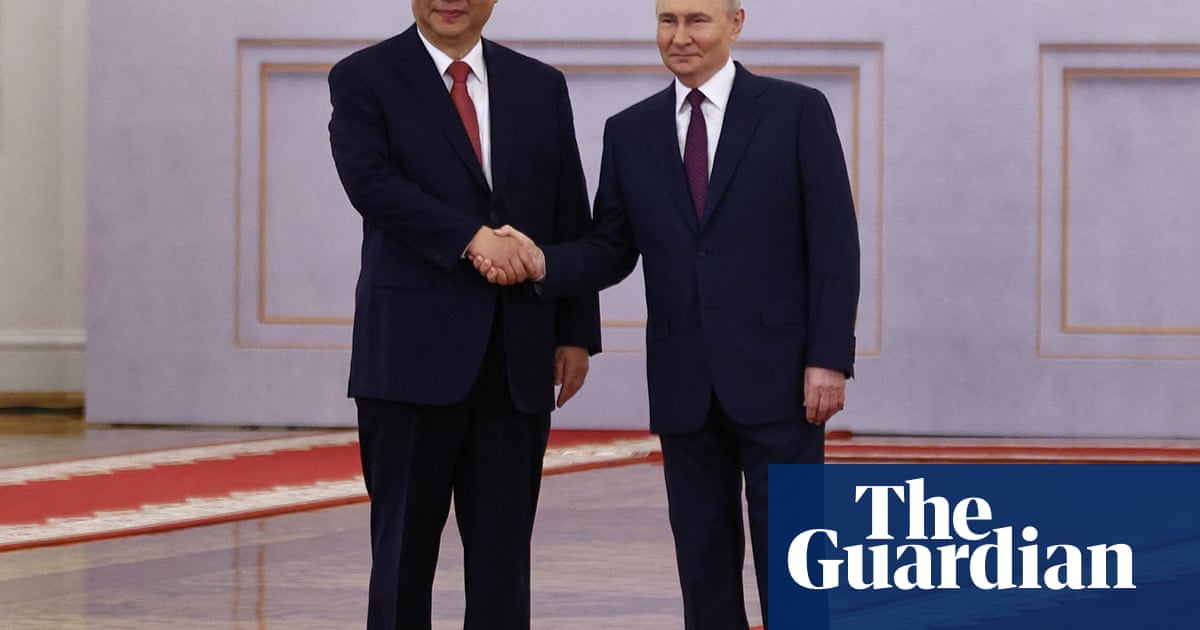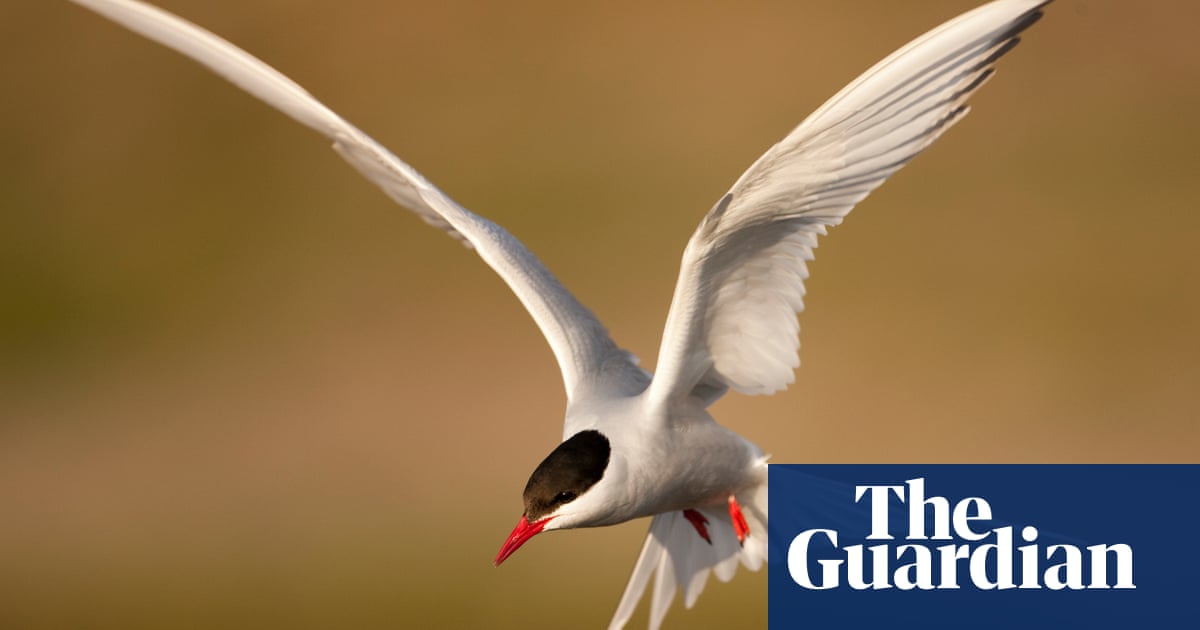In the city where a dethroned Polish king once governed a French province and built enduring landmarks, the leaders of France and Poland will sign a treaty on Friday that could be the first formal step towards extending French nuclear deterrence over central Europe in this new era of US unreliability.
The treaty of Nancy will be signed on Europe Day, in the town hall on the 18th-century Place Stanislas, by the French president, Emmanuel Macron, and the Polish prime minister, Donald Tusk. It will cement a reconciliation between two countries that have been estranged within the EU for most of the last three decades.
France’s lack of enthusiasm for EU enlargement and its pursuit of cooperation with Russia were the main reasons for the strained relationship. Poles still bitterly remember Jacques Chirac telling central European countries that endorsed the 2003 invasion of Iraq that they had behaved badly and “missed a good opportunity to shut up”.
Warsaw has long relied exclusively on the US and Nato for its security and has resisted any EU role in defence. But with Donald Trump pursuing rapprochement with Russia, Poland’s arch-foe, and his willingness to let Moscow prevail in Ukraine and reduce US military exposure to Europe, Tusk is rushing to build closer ties with Paris, Berlin and London in a quest for extra security insurance.
The Franco-Polish friendship treaty, closely resembling the Franco-German treaty signed in 2019, will be inked on the very day that Vladimir Putin stages a giant military parade in Moscow’s Red Square, with the Chinese president, Xi Jinping, at his side, to mark the 80th anniversary of the defeat of Nazi Germany.
“Poland realises the depth of the security challenge and after years of benign neglect for Europe’s defence integration, finally wants to discuss slipping under France’s nuclear umbrella,” Shahin Vallée and Joseph de Weck wrote in an analysis for the Groupe d’Etudes Géopolitiques thinktank.
Tusk was quick to respond positively when Macron, after Trump’s first shock disengagement signals, offered European partners a dialogue on nuclear deterrence. Without specifying how France might use its small atomic arsenal to shield Poland and other eastern EU members, the treaty of Nancy will pledge closer cooperation in a range of areas related to the ultra-sensitive nuclear field including air forces, air-to-air refuelling, air and missile defence and artillery. Negotiations are under way for Poland to buy military tanker aircraft and civilian planes from Airbus, as well as possibly submarines, though deals may not be signed until later in the year.
A Polish diplomat familiar with the document said the wording on mutual defence echoes the EU’s Lisbon treaty, in which each country has “an obligation of aid and assistance by all the means in their power” if the other were attacked. Poland would have liked an explicit mention of nuclear capability, but the diplomat said the “security guarantees are most important for Poland in the current geostrategic context and because of transatlantic turbulence”. Tusk was keen to seal the deal before Poland’s 18 May presidential election rather than wait to secure more.
This does not mean that Warsaw is giving up on US nuclear protection. It is simultaneously pushing to join Nato’s nuclear sharing programme, under which a handful of European allies with no nukes of their own store US weapons on their soil and fly aircraft adapted to deliver them if the alliance so decides. Germany, the Netherlands, Belgium, Italy and Turkey each hold at least 20 US nuclear bombs for this purpose. Poland has wanted to join that club for more than a decade but has made no progress. US and western European diplomats have long worried that such a move would be escalatory towards Russia and could put nuclear storage sites too close to the eastern European border, potentially raising pressure for early use in the event of an invasion.
France has historically maintained a policy of total independence for its force de frappe (strike force). It does not participate in Nato’s nuclear planning group, in which the US, the UK and other allies consult on policy, training and deployment of these ultimate weapons. Yet Trump’s erratic course and ambiguity about whether he would be prepared to defend Nato allies against Russian aggression has forced European governments to rethink their security assumptions and reach for backup plans should the US and Nato be no longer available.
Germany’s new chancellor, Friedrich Merz, who took office this week, is also keen to talk to Macron about extended nuclear protection as well as conventional arms cooperation. The stars are aligning for the Franco-German-Polish grouping known as the Weimar Triangle to take the lead on these issues, reaching out to the UK as a vital defence partner despite its withdrawal from the EU.
An EU-UK security and defence agreement is likely to be concluded at a summit on 19 May. France and Britain are negotiating an update of their Lancaster House defence treaty, and Berlin is working on bilateral defence pacts with Warsaw and London.
France will never share control of its 290 nuclear warheads, most of which are based on submarines on permanent patrol beneath the oceans. Only Monsieur le Président can have his finger on the button, not some European committee. However, Paris keeps dropping hints that it is open to extending its umbrella to European allies. To do so credibly, it would need more costly warheads and launchers than it owns now. That might require European co-financing or some trade-off to help France raise defence spending.
Its small force of nuclear bombers has never been deployed abroad. Without mid-air refuelling and air-to-air interceptors, it could not reach far into Russia and return home. In French doctrine, the planes would deliver a final warning shot if France’s vital interests were in danger, prior to the ultimate Armageddon strike. In the kind of small gestures that count in the language of nuclear deterrence, an Italian refuelling plane recently joined a French nuclear air patrol for the first time. And France did not deny a British newspaper report in February that it was considering deploying air-launched nuclear weapons to Germany.
The last Polish government, led by Jarosław Kaczyński’s conservative nationalist Law and Justice (PiS) party, did its best to obstruct French efforts for closer EU integration. But Poland has now repositioned itself at the heart of the EU under Tusk’s centre-right coalition, and France has lost its illusions about Russia since Putin’s full-scale invasion of Ukraine. The treaty of Nancy is a consequence of Putin’s aggression and Trump’s global wrecking ball.
-
Paul Taylor is a senior visiting fellow at the European Policy Centre

 7 hours ago
5
7 hours ago
5







